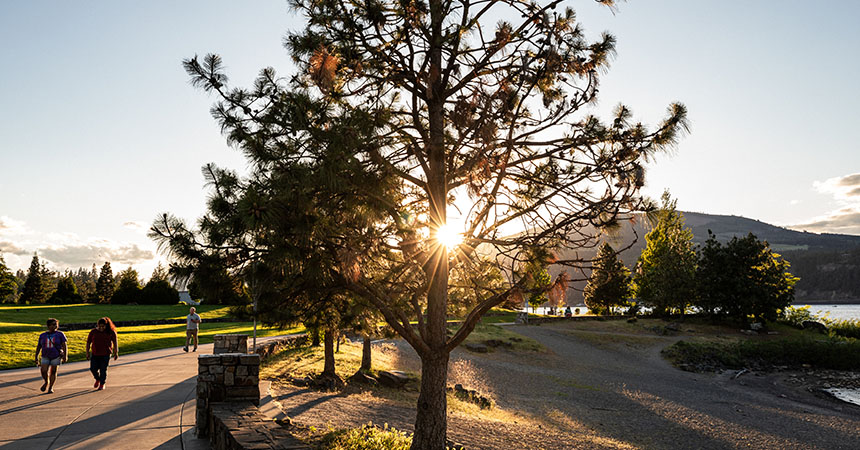
Climate change, cost increases and new technology and incentive programs are changing the way people think about and consume energy.
That’s one takeaway from interviews Energy Trust did recently with various groups about market trends, customer and community needs, opportunities and strategic priorities. This information will help in developing Energy Trust’s next strategic plan and 2025 budget.
Groups providing input included members of Energy Trust’s Conservation, Diversity and Renewable advisory councils, utilities, staff at the Oregon Public Utility Commission and Oregon Department of Energy, businesses and industry groups, community-based organizations and Energy Trust trade allies.
Here’s some of what they told us.
Increasing energy costs are putting a strain on customers. Utility rates – nationally and here in the Northwest – are increasing for several reasons, including market volatility, rising transmission costs, and costs related to wildfire mitigation, decarbonization and increased demand. Coupled with higher prices for goods and services since the pandemic, some customers are frustrated and feel powerless against rising costs.
New funding opportunities hitting the market require coordination to be effective. Programs authorized by the federal Inflation Reduction Act and other recent legislation are beginning to hit the market and creating significant new opportunities. But a lack of coordination and communication among public agencies, nonprofits and community-based organizations threatens to delay getting dollars out the door and into the hands of customers.
There is a lack of expertise and capacity at the community level to take advantage of new funding. With new funds becoming available, some communities lack the skills and capacity to take advantage of time-sensitive grant opportunities. Rural and tribal communities and smaller cities and counties may not have the capacity to apply for funding or the understanding of how to administer funds. Community-based organizations may lack the staff time and skills to be involved in program design and implementation.
Customers need more information and resources to make sense of clean energy opportunities. People are confused and overwhelmed about all the new technology and incentive programs becoming available – this is true for residential customers, businesses and communities. Customers need education and guidance through marketing and outreach that is relevant to them. This is especially true for renters, people of color, people living in rural areas and those experiencing lower incomes who are traditionally less aware of Energy Trust’s programs.
The industry doesn’t have enough workers to keep up with new opportunities. Labor shortages remain a major issue for the clean energy industry, especially as new funding creates more opportunities and more demand. There are not enough qualified contractors to meet the growing demand, especially in rural areas, which can lead to project delays and higher prices for customers; while this has been a challenge on the residential side for years, it is increasingly an issue on the commercial side.
Equity remains a top concern in the energy transition. Energy Trust, its partners and the state have all made strides in prioritizing equity and service to historically underserved customers, including communities of color, rural and tribal communities, small businesses and people with low and moderate incomes. But major barriers to participation remain, including low awareness, unaffordable upfront costs and deferred home maintenance that makes further upgrades impossible.
Climate change means people are using energy differently. In recent years, Oregon has seen catastrophic wildfires, deadly heat waves and winter storms that knock out power for days. These events are changing the way people think about and consume energy.
For instance, air conditioning is now a necessity to stay cool in the summer. Rural customers who experience frequent and prolonged electric outages need backup energy sources like solar + storage. And resilience is a priority for communities seeking help with climate and energy planning.
